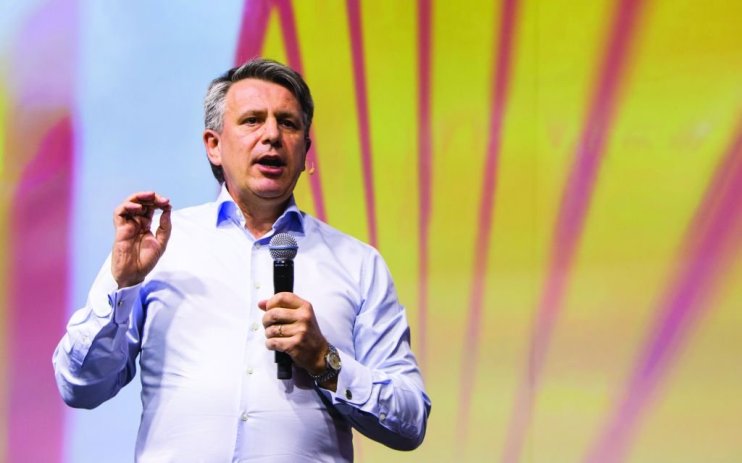Former Shell boss Ben van Beurden raked in £9.7m paypacket last year as profits soared

The former Shell boss enjoyed a hefty bump-up in his paypacket last year, before leaving the energy giant in January.
Ben van Beurden was handed a whopping £9.7m last year – a more than 50 per cent hike on his 2021 payout of £6.3m.
His pay was revealed in the oil and gas giant’s annual report and accounts and follows the company reporting a monster annual profit of £32.2bn for 2022 powered by soaring oil and gas prices following Russia’s invasion of Ukraine.
This is the highest annual earnings in the company’s 115-year history.
Van Beurden left his role as chief executive of the company in January, after eight years at the helm. He was replaced by Wael Sawan, the former head of Shell’s gas and renewables divisions.
During his late tenure, the company committed to £25bn spending in UK energy projects – 75 per cent of which would be low and zero carbon.
The oil giant also moved its headquarters from Netherlands to the UK, following pressure over a tax that would hamper dividends and stringent environmental targets ordered by the Dutch courts.
The annual report revealed Sawan has been appointed on a salary of £1.4m, although performance-related payments can often add to the overall pay package. For context, van Beurden’s initial salary was also £1.4m in 2022.
Less than five per cent of Shell’s profits come from UK production; however, the government has been under pressure to harness profits from energy firms to pay for support packages to shield households from record energy bills.
When he was Chancellor, Prime Minister Rishi Sunak brought in a 25 per cent Energy Profits Levy.
This was increased to 35 per cent from January 2023 by current Chancellor Jeremy Hunt and will run until 2028.
Sawan this week warned the levy had made the UK “significantly” less attractive, with the tax “fundamentally disincentivising” investment.
The levy applies to profits made from extracting UK oil and gas, but not on refining or selling petrol and diesel.
It also included an 80 per cent investment allowance which overall allowed then to claim back 91p in every pound invested, including in oil and gas.
This investment allowance was reduced from 80 per cent to 29 per cent from 1 January, with the exception of decarbonisation projects.
Shell confirmed a £1.5bn hit to its earnings from the windfall tax last year.